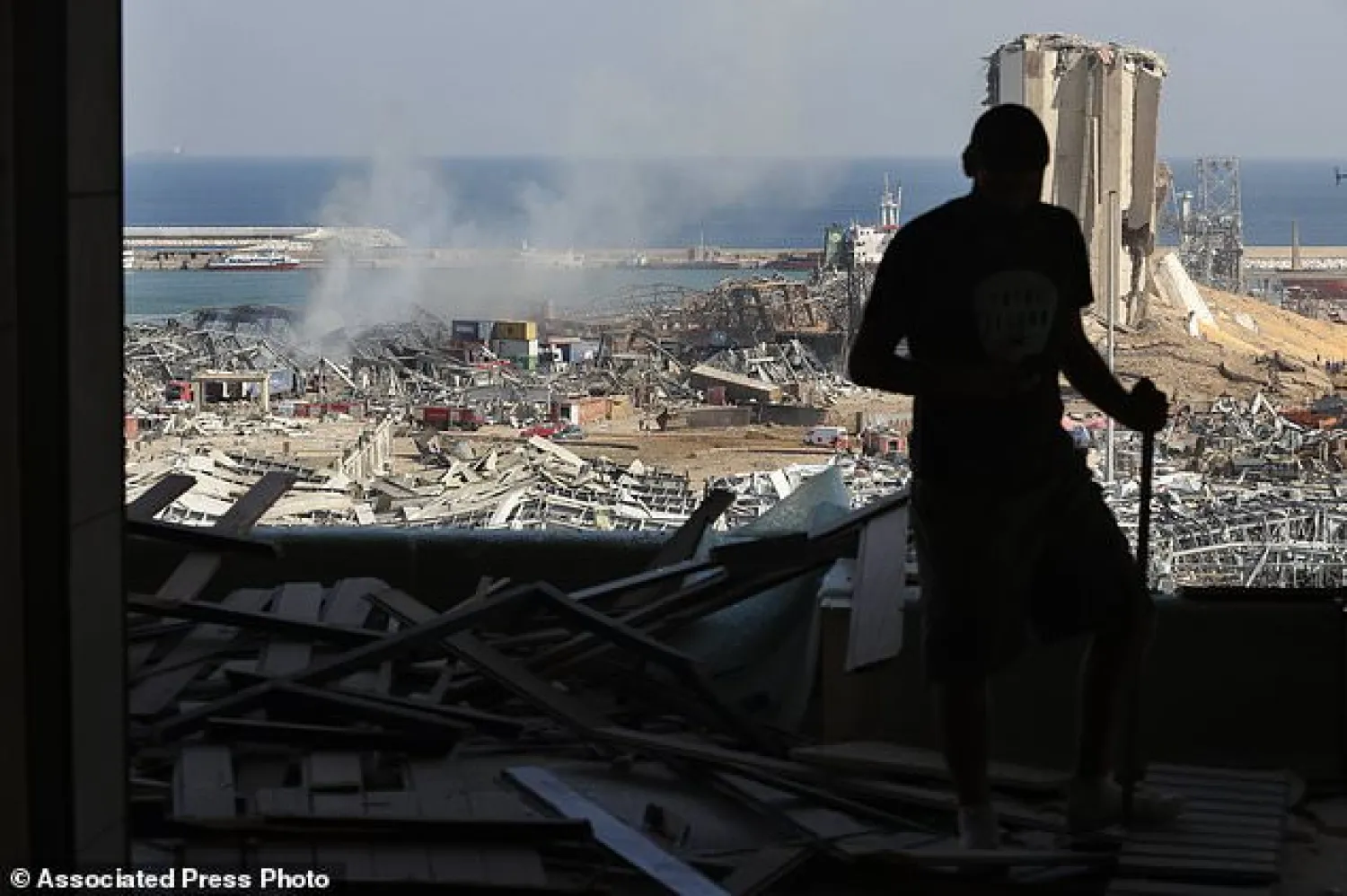The European Union is activating its civil protection system to round up emergency workers and equipment from across the 27-nation bloc to help Beirut after Tuesday's devastating explosion.
The EU commission says the plan is to urgently dispatch over 100 firefighters with vehicles, sniffer dogs and equipment designed to find people trapped in urban areas. The Czech Republic, France, Germany, Greece, Poland, and the Netherlands are taking part and others are expected to join.
The EU´s satellite mapping system will help Lebanese authorities to establish the extent of the damage. Crisis Management Commissioner Janez Lenarcic says the EU "shares the shock and sadness" of Beirut residents and stands ready to provide extra help.
Germany says it is ready to send a team of 47 search-and-rescue experts to Beirut after the enormous explosion in the city's port.
Germany also says its embassy was damaged in the blast but diplomats have reactivated an old building and are able to work.
Interior Ministry spokesman Bjoern Gruenewaelder says Germany´s THW technical assistance agency will send a team on Wednesday to assist the embassy. Gruenewaelder says Berlin is waiting for confirmation from Lebanon on the separate search-and-rescue team.
France is sending two planes with aid. French emergency workers include members of a special unit with chemical and other technological expertise trained to intervene in damaged industrial sites. Among their tasks will be to identify specific risks for products stored in the area and other risks resulting from the explosion, national civil security spokesman Michael Bernier says.
The 55 French workers also include disaster response experts, emergency nurses, doctors, and firefighters.









